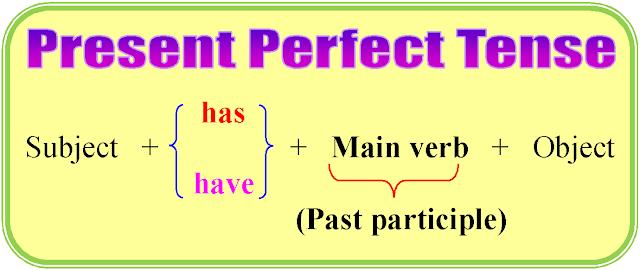This blog is about Easily Speaking and Learning English. Our blog will help you learn to correctly speak English and improve your English Knowledge. There are English conversation practices, song lyrics and much more available.
Pages
Labels
English Conversation Practice 10
296. I have been busy.
297. She has been ill.
298. He has been a thief.
299. The patient has been unconscious.
300. We have been fortunate.
English Conversation Practice 09
271. I have left my watch at home.
272. She has misunderstood me.
273. Someone has spoilt the air.
274. The dog has dirtied the place.
275. We have not yet finished cooking.
English Conversation Practice 08
251. I am learning English now.
252. They are taking/having dinner.
253. She is doing some work at the moment.
254. He is making a keen effort.
255. It is raining cats and dogs.
English Conversation Practice 07
241. I can answer your question.
242. She can realize its value.
243. We cannot tell lies.
244. Can you give me your pen for a minute?
245. Can they win this election? Yes, they can win this election.
Comparison of Adjective 01
01. An
adjective is a word that describes a noun.
Eg:
·
She is a decent girl.
·
You've got a nice garden.
·
The sea was rough and stormy.
02. Some
adjectives can be compared. There are three degrees of comparison.
1) The
positive
2) The
comparative
3) The
superlative
The positive: names the
simple quality.
Eg: dark, tall, bright, kind, useful
etc.
The comparative: names
a further degree of the quality.
Eg: darker, taller, brighter,
kinder, more useful etc.
The superlative: names
the utmost degree of the quality.
Eg: the darkest, the
tallest, the brightest, the kindest, the most useful.
03. How
are the comparative and superlative degrees formed? A short adjective and a
long adjective form their comparative and superlative in different ways. Look
at the following examples.
Subscribe to:
Comments (Atom)





